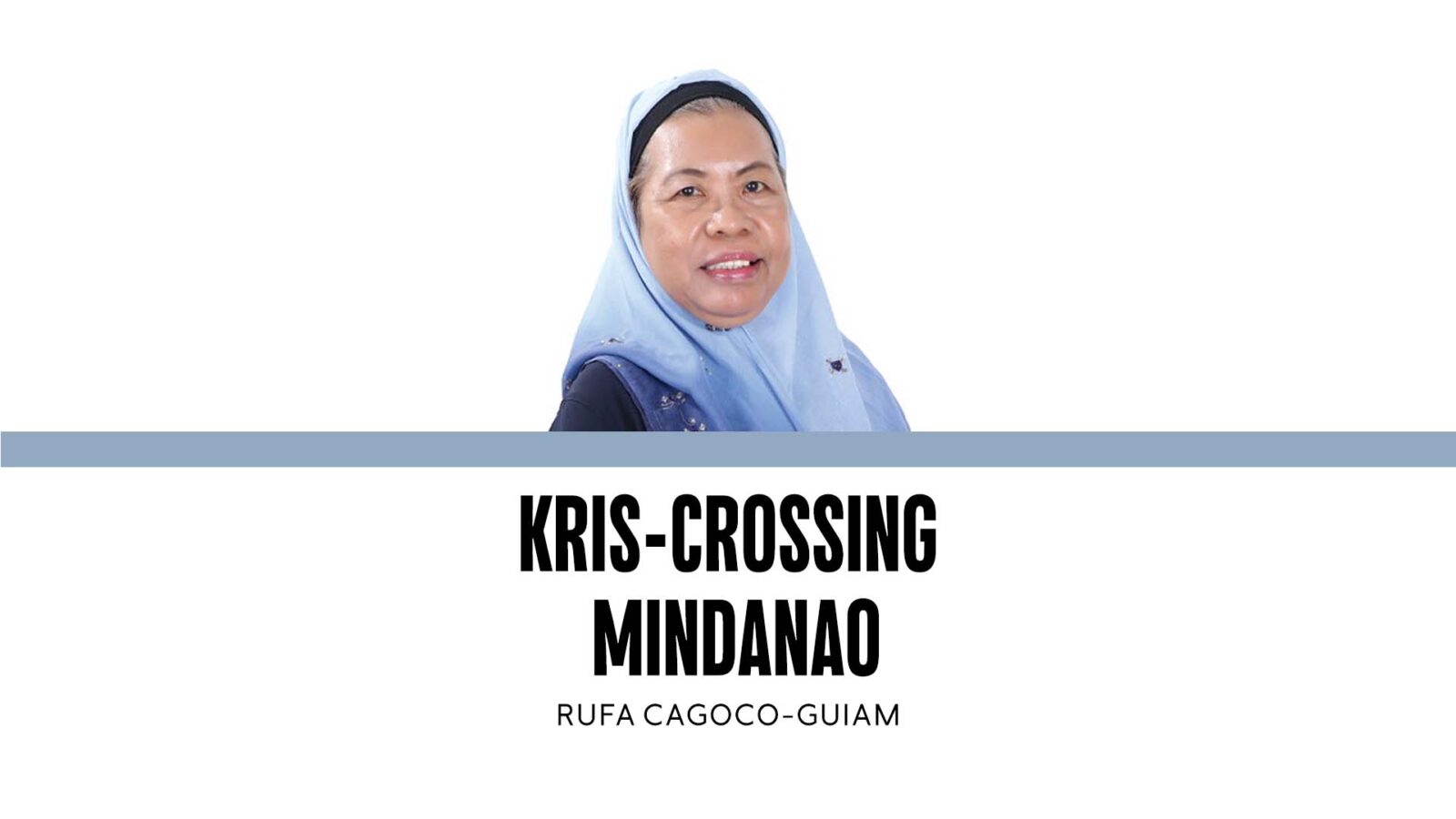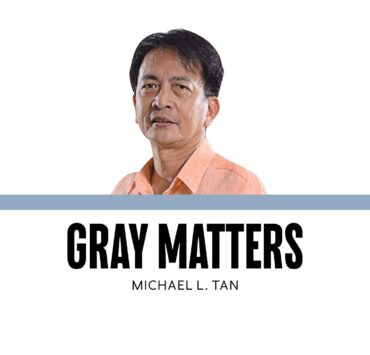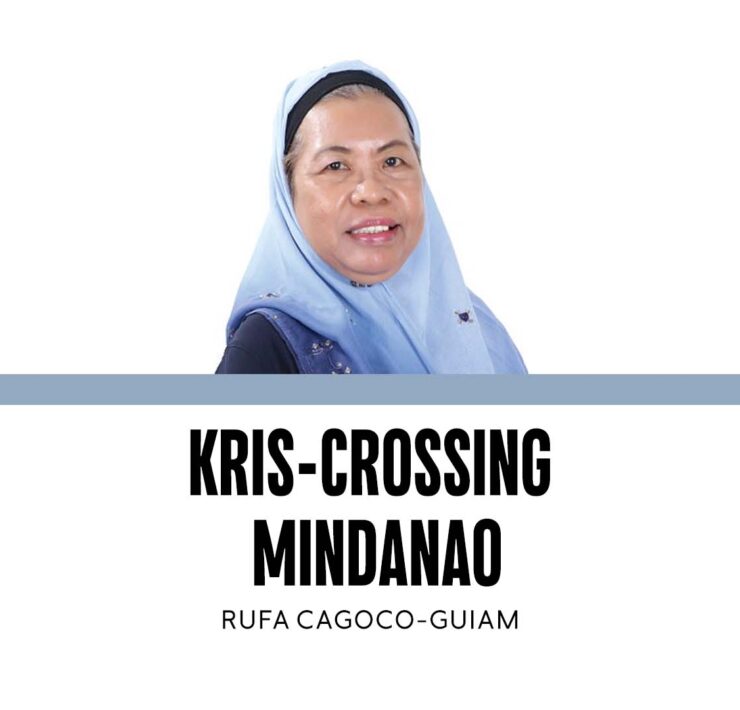‘Power … is like a violin’ (2)

Populist leaders are also charismatic, and they use this trait to exploit people’s grievances against government deficits, especially the weaknesses of democratic institutions. The greater masses of people do not only vote for these kinds of leaders; they put them on a pedestal, revering them as if they were heavenly beings.
This partly explains why former Davao City Mayor Rodrigo Duterte became successful in his very first presidential bid in 2016. Ordinary people truly found resonance in his use of language (peppered with curses and expletives) and behavior. People perceived this as the example of a “macho” man: uttering strong, misogynistic, and sexist words and phrases, and claiming to be the epitome of virility, even at his advanced age.
In other parts of the world, several populist, left-leaning leaders started their ascent to the highest political positions in their respective countries through their firebrand, chest-thumping claims of leading their people toward the deliverance of their current grievances against the government.
One popular example is late President Juan Peron of Argentina.
No other leader has captured the global imagination better than Juan Peron. Blame it on Hollywood’s cinematic musical essay of his rule in the movie, “Don’t Cry for Me Argentina,” top billed by world-famous actor-singer Madonna as Eva Peron, the equally charismatic wife of Juan.
Peron became popular in the 1940s when he led labor and social welfare groups in Argentina. He first led a military coup in 1943, and used this as a platform for building a popular base of support among the working class, securing worker rights and benefits that made members of labor unions loyal to him. After he was briefly jailed by military rivals, labor union members and other supporters organized a massive strike that led to his release and eventually to his election as president in 1946. Throughout his presidency, Peron manifested a strongman type of leadership, suppressing dissent and jailing his opponents. According to some scholars, Peron also developed a significant personality cult, largely enhanced by the role of his equally charismatic wife, Eva.
But for us, the most striking example is Ferdinand Marcos Sr., the father of the current President and namesake, Ferdinand “Bongbong” Marcos Jr.
Marcos Sr. was an archetypal example of a strong populist image and style. Several writers note that Marcos Sr. was an acknowledged “master of populist imagery,” and made sure he was depicted as a persona of youth and virility. (Sounds eerily familiar—didn’t Duterte also boast about this?) In his publicity materials, Marcos Sr. made sure he was photographed with rice farmers in their fields, planting rice with them.
To make sure the reading public captured his physical and intellectual prowess, Marcos Sr. commissioned an American writer, Hartzell Spence, to write his autobiography, “For Every Tear a Victory,” in 1964. It was used as propaganda; it narrated several “fake news” about his being the “most decorated war hero on the strength of 27 supposed war medals and decorations.” All of these were proven later to be inaccurate and even outright lies.
In 1969, Marcos Sr. ran for reelection and won. Some reports claimed it was one of the dirtiest elections in Philippine history. In one account, ballot boxes were reportedly thrown off the Camotes Sea, in Cebu province, and these were not recovered.
Marcos Sr.’s populism was enhanced through his creation of the Presidential Action on Community Development, which largely caught the attention of ordinary people, especially farmers. PACD was run like a personal organization of the Marcoses, which initiated projects at the local level, bypassed usual government structures, and weakened the power of local elites.
Together with his flamboyant wife, former First Lady Imelda Romualdez Marcos, Marcos Sr. created more mythical narratives that promoted their primacy as the destined “ruling family,” capitalizing on the Filipino myth of “Malakas and Maganda” referring to both of them. This was to support his envisioned “New Society” or Bagong Lipunan, which was supposed to be based on national discipline. But this turned out to be a discipline of another kind—iron-clad rules by an autocratic leader.
Marcos Sr.’s rise to power used the democratic process (popular elections). But it was his use of populist rhetoric similar to Duterte (sans the expletives said in public) that appealed to a lot of people. It paved the way for his consolidation of power, leading to his declaration of martial law in 1972.
The rule of Marcos Sr. showed that he and his wife pursued their insatiable greed for political power and wealth instead of strengthening democratic institutions.
Like Duterte, Marcos Sr.’s populism at the start of his regime laid the groundwork for his dictatorial rule.
Comments to rcguiam@gmail.com


















